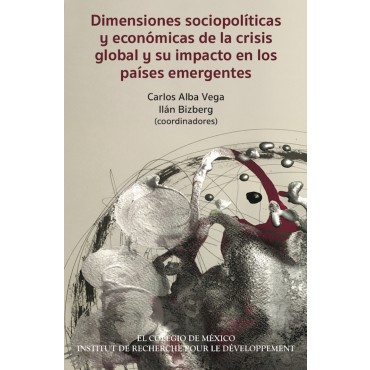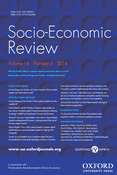Espagnol. Présentation Powerpoint, Conférence au Colegio de Mexico le 16 janvier 2020.
in Des sciences sociales à LA science sociale. Fondements anti-utilitaristes, Sous la direction de Alain Caillé, Philippe Chanial, Stéphane Dufoix et Frédéric Vandenberghe, 2018, Editions le bord de l’eau, Chap. III, p. 65-81
At a time when the quarrel rages between sociologists in France, as there is a year between economists, it is urgent to recall that the word “sociology” has long been used to refer to social science in general (including economics and political philosophy). as well as anthropology, history or geography) and that it is too important a thing to entrust to sociologists alone. It is the business of all social scientists. Alongside the specialized social sciences, it is a generalist social science, the only one capable of thinking of the world in all its complexity, that we must now make happen and institute. A social science that is also urgent to found once again on a non-utilitarian basis and in a resolute openness to all sociologies and all the social sciences of the whole world, and not only to those who come from ‘West. Replaced in this more general setting, most chapel quarrels resolve themselves. For the greater good of a shared desire to know. That such an objective is accessible is what the variety and quality of the authors gathered here, anthropologists, economists, geographers, historians, philosophers and sociologists testify to.
In : La dette souveraine: Etat et économie politique, sous la direction de Julia Christ et Gildas Salmon, Collection “Raisons pratiques”, Éditions de l’EHESS, Paris, Mars 2018, p. 9-47.
In Carlos Alba Vega y Ilán Bizberg (coordinadores), Dimensiones sociopoliticas y economicas de la crisis global y su impacto en los paises emergentes, Publication Ciudad de Mexico, el Colegio de Mexico, Centro de Estudios Internacionales, Institut de Recherche pour le Développement, 2017, p. 39 – 83.
Socio-Economic Review, Discussion Forum: “Brexit: understanding the socio-economic origins and consequences” , 2016, Vol. 14, n° 4, p. 836-845.
Abstract
Jacqueline O’Reilly, Julie Froud, Sukhdev Johal, Karel Williams, Chris Warhurst, Glenn Morgan, Christopher Grey, Geoffrey Wood, Mike Wright, Robert Boyer, Sabine Frerichs, Suvi Sankari, Akos Rona-Tas and Patrick Le Galès
The unprecedented geopolitical shift resulting from Brexit reflects deep socio-economic fault lines within and beyond the UK. In many ways foreshadowing the US presidential election of Donald Trump, Brexit brought to the surface and gave a public voice to socio-economic divisions that were deeply embedded, sometimes illogical, but until now had either been ignored or hushed out of ‘respectable’ public debate. This Discussion Forum emanates from a spontaneous seminar organized 2 days after the Brexit vote on June 25, 2016 as part of the SASE conference held in University of California–Berkeley and followed by an open call for papers by Socio-Economic Review. The papers here draw attention to the origins of the Brexit vote in deep-seated socio-economic divisions (O’Reilly), widening differences in economic performance across sectors and regions of the UK (Froud, Sukhdev and Williams) and the growth of poor quality jobs (Warhurst). Meanwhile, the political dynamics of the Brexit vote were also shaped by the fractured nature of UK business elites (Morgan), divisions between locals and cosmopolitans (Grey) and creative but muddled actions of elites that arguably generated consequences they themselves failed to fully anticipate (Wood and Wright). From the perspective of Europe, Brexit reflects a history of dysfunctional economic policy in Europe that prioritized market competition in ways that neglected and ultimately undermined solidarity (Boyer). Here, Brexit reflects a political strategy to both renationalize and recommodify solidarity in the face of fears over migration, and which are likely to have major consequences for social solidarity in Europe more generally (Frerichs and Sankari). However, Brexit is unlikely to provide a durable social and political solution to the wider tensions between globalization and democracy, which also affect all countries throughout Europe (Rona-Tas). Ultimately, the Brexit vote underlines social divisions that combine class inequalities with regional ones, not just in Britain but throughout Europe (Le Galès).
![9782707190987[1]](http://robertboyer.org/wp-content/uploads/2016/09/97827071909871.gif) In Bertrand Badie and Dominique Vidal (under management), who rules the world? The State of the world 2017, Editions La discovery Paris, pp. 69-85, September 2016.
In Bertrand Badie and Dominique Vidal (under management), who rules the world? The State of the world 2017, Editions La discovery Paris, pp. 69-85, September 2016.



